The abandoned town of Chernobyl
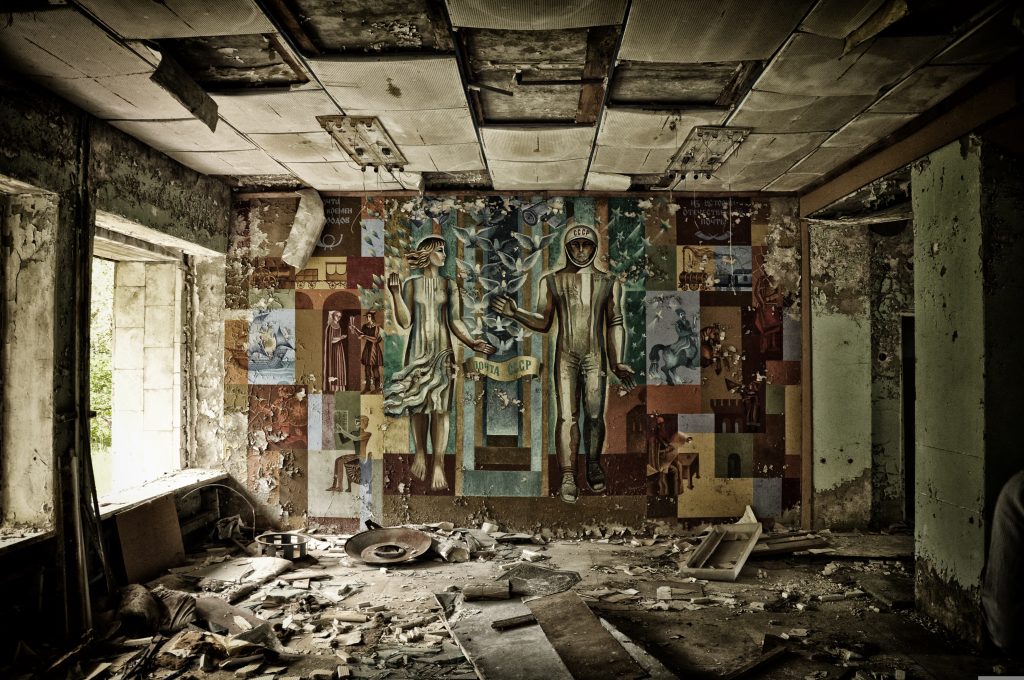
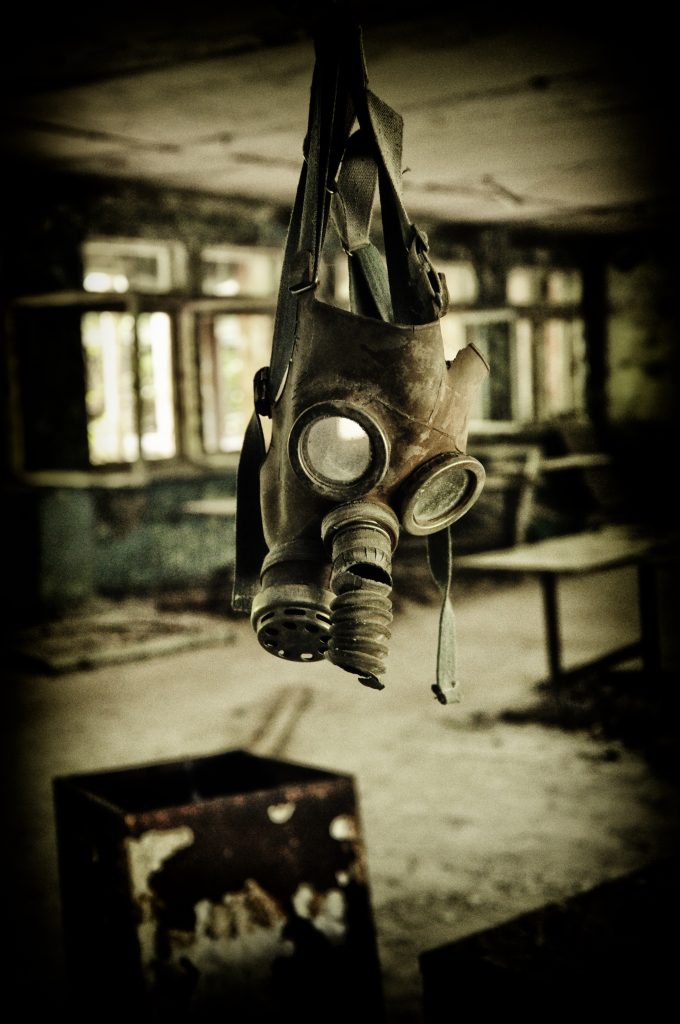

A floor littered with discarded gas masks and debris inside an abandoned building, echoing the silent, forgotten histories of disaster and evacuation.

The long hall of an abandoned Pripyat school, now silent except for the wind. The peeling paint and shattered glass whisper stories of a city that went to sleep and never woke up. Nature has claimed this back, turning a busy corridor into a haunting monument to history.
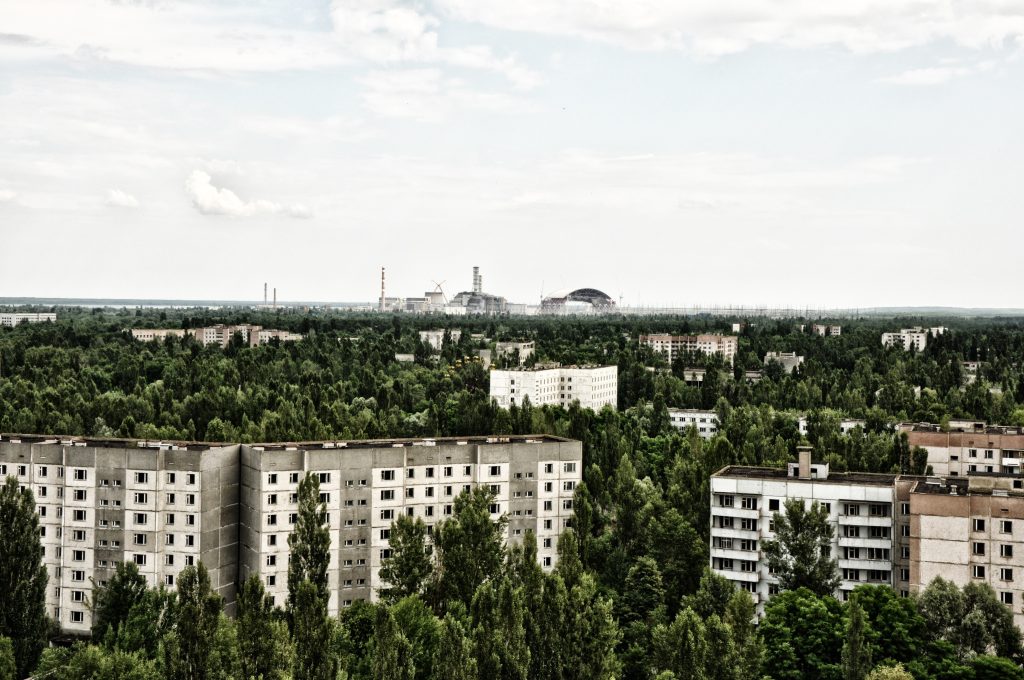
A testament to modern engineering and global cooperation. Standing watch over the dead city, the New Safe Confinement (NSC) structure seals the remains of Reactor 4, creating a safe environment for its eventual deconstruction. The shield against the ghost of Chernobyl.
All photos taken by Reznik89
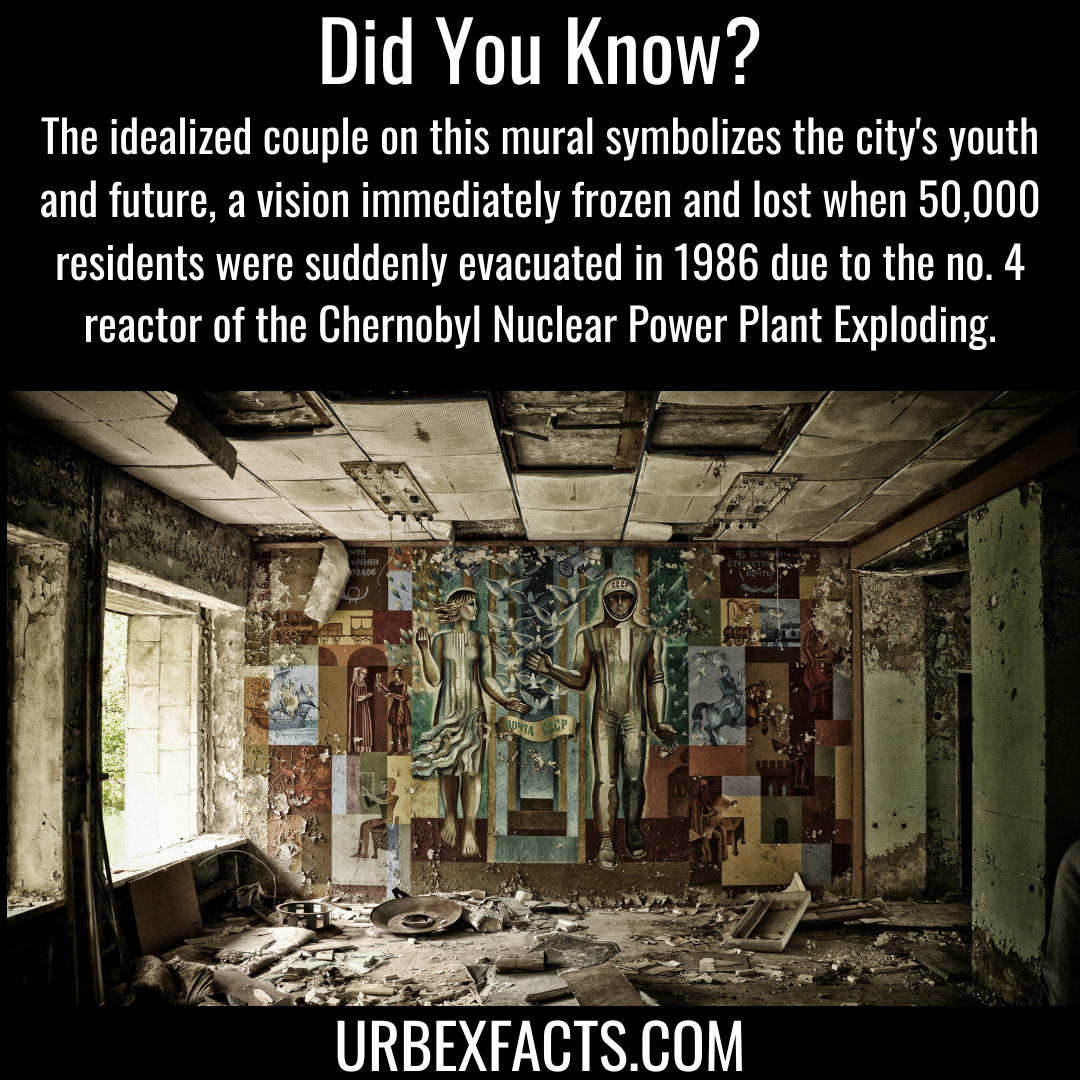
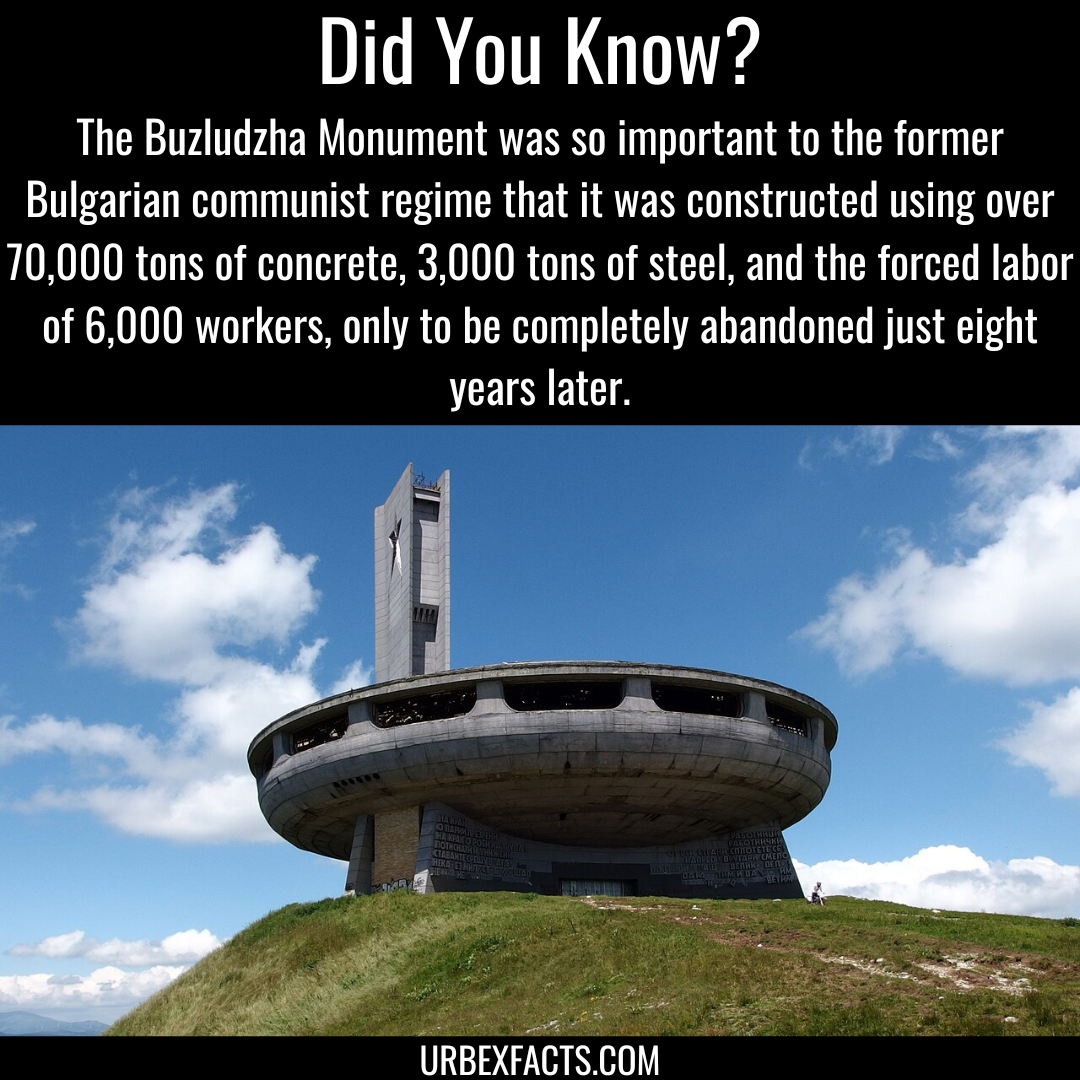
1 comment